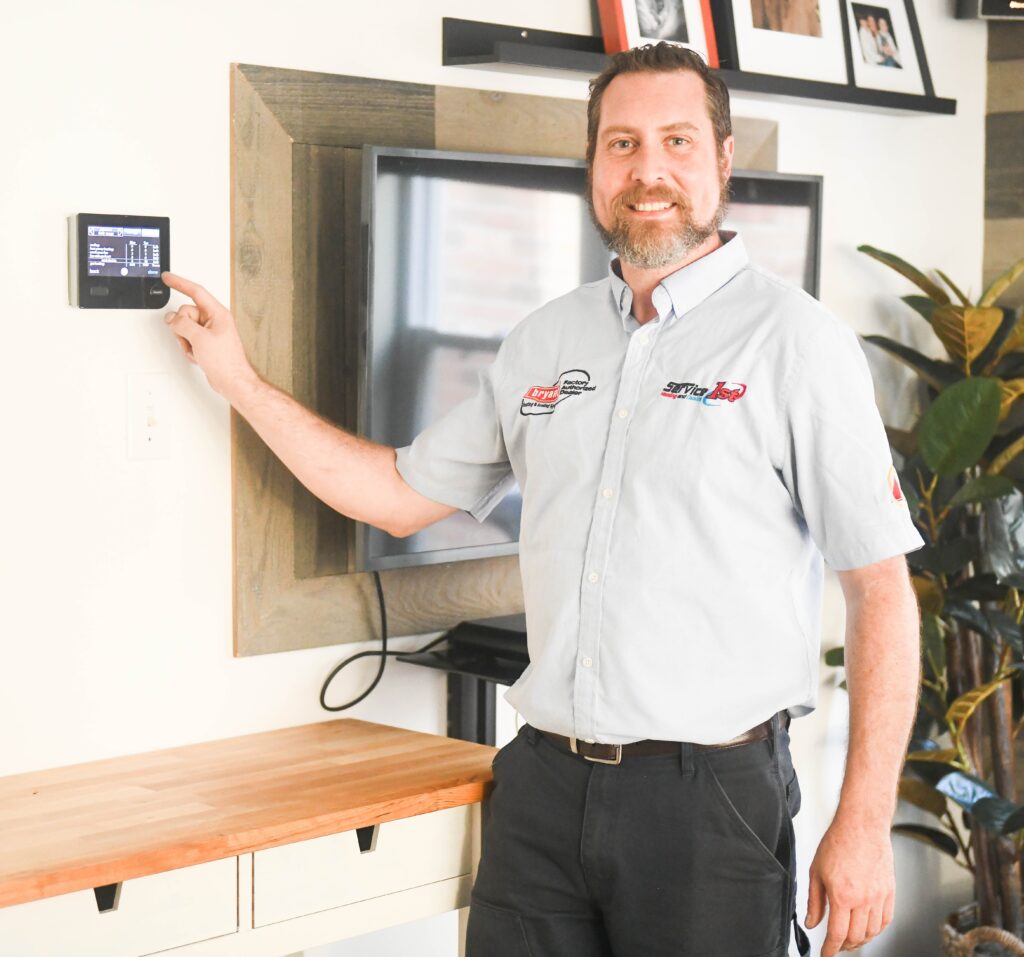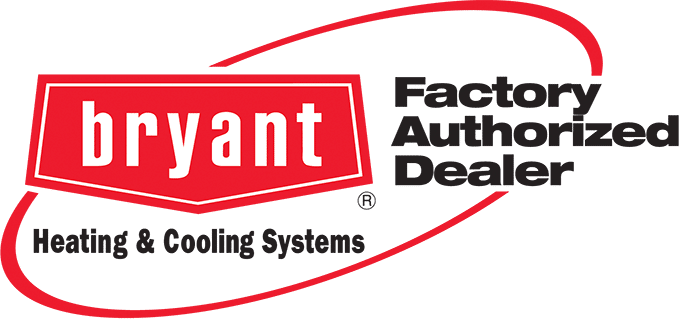
Proper home heating is essential for your comfort and well-being. However, many factors can affect how effectively your home retains heat, leading to higher energy bills and discomfort. In this post, we’ll explore the essential factors that influence your home heating and provide practical tips for improving your home’s energy efficiency. By understanding these factors and implementing the recommended strategies, you can create a warmer, more comfortable, and more energy-efficient living space.
- Understanding Heat Loss
- The Role of Insulation
- Factors That Affect Home Heating
- More Energy-Saving Tips
Contact Service 1st for expert advice and assistance in improving your home’s energy efficiency.
Home Heating
1. Understanding Heat Loss
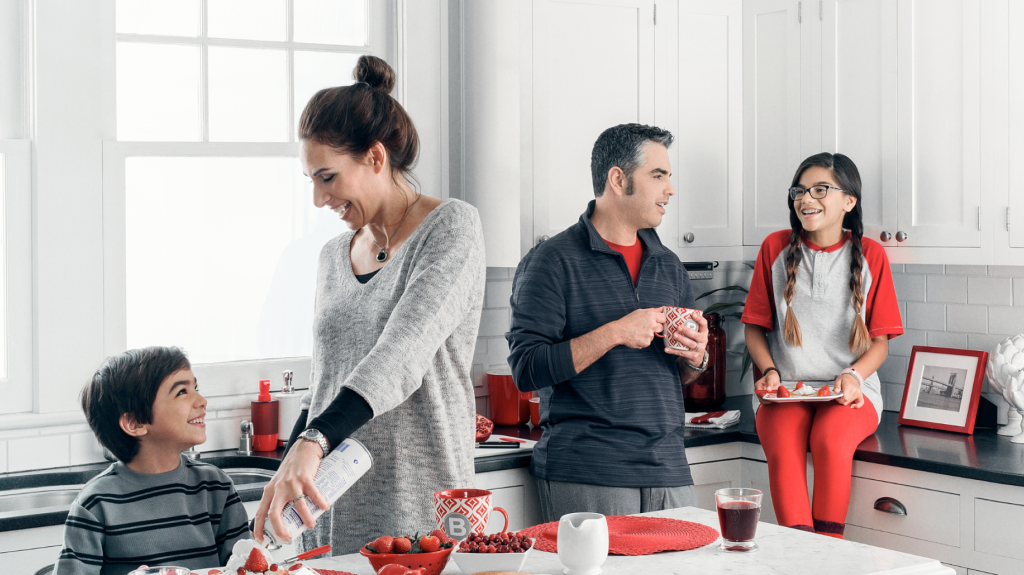
Conduction, convection, and radiation work together to allow heat to escape from your home
Imagine your home as a cozy blanket. Just like a blanket can lose its warmth over time, your home can lose heat, making it feel drafty and uncomfortable. This heat loss can occur in several ways:
- Conduction: Conduction occurs when heat transfers from a warmer object (like your home’s interior) to a colder one (like the outside air) through direct contact. Think of it as your warm hands touching a cold window.
- Convection: Convection happens when warm air rises and is replaced by cooler air. This can occur through gaps around windows, doors, or even chimneys.
- Radiation: Heat can also be lost through radiation, which is the transfer of energy as electromagnetic waves. It is similar to how you feel warmth from the sun.
These three processes work together to allow heat to escape from your home, making it less comfortable and increasing your energy bills. By understanding these mechanisms, you can take steps to reduce heat loss and create a warmer, more efficient living space.
2. The Role of Insulation
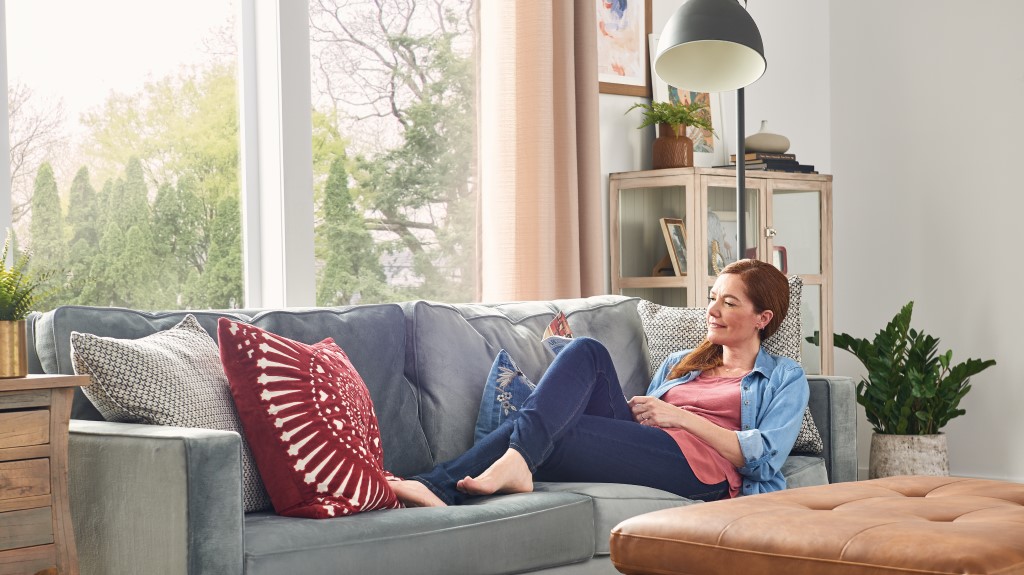
Insulation creates a barrier between the warm interior of your home and the colder exterior.
Insulation helps to trap warm air inside your home, preventing it from escaping to the colder outdoors. This not only keeps your home comfortable but also significantly reduces your energy bills.
How Does Insulation Work?
Insulation creates a barrier between the warm interior of your home and the colder exterior. This barrier slows down the transfer of heat, preventing it from being conducted, convected, or radiated away.
There are several types of insulation commonly used in homes:
- Fiberglass: Fiberglass insulation is a popular and affordable option that comes in batts or rolls. It’s effective at insulating but can be itchy and irritating to handle.
- Rockwool: Made from volcanic rock, rockwool is a denser and more fire-resistant option than fibreglass. It’s also less irritating to handle.
- Cellulose: Cellulose insulation is made from recycled paper and is a good choice for both insulation and soundproofing.
- Spray Foam: Applied as a liquid that expands and foams, spray foam provides a continuous air seal and can be used in hard-to-reach areas.
Which insulation is better? The best insulation for your home depends on various factors, including your climate, budget, and the specific areas you need to insulate. For example, spray foam is excellent for sealing air leaks and can be a good choice for foundations, while fibreglass or rock wool are suitable for attics and walls.
Insulation is crucial for maintaining a comfortable and energy-efficient home. By investing in proper insulation, you can reduce your heating costs, improve your home’s overall comfort, and even increase its resale value.
3. Factors That Affect Home Heating
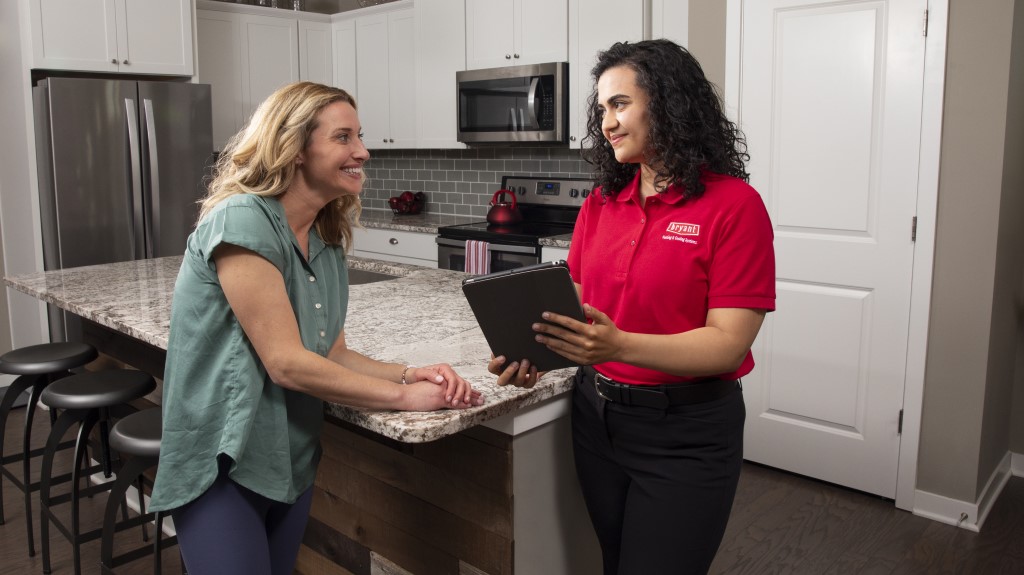
Factors that affect your home heating efficiency can range from the layout of your home to the condition of your windows and doors.
Now that we understand the importance of insulation, let’s explore some of the factors that can affect how effectively your home retains heat. These factors can range from the layout of your home to the condition of your windows and doors.
A) Insulation
Attic Insulation:
A well-insulated attic is crucial for preventing heat loss through the roof, one of the most common areas where heat can escape. By ensuring your attic is properly insulated, you can significantly reduce your energy consumption and improve your home’s overall comfort.
Wall Insulation:
Adequate wall insulation plays a vital role in retaining heat within your home. This is especially important in colder climates where heat loss through walls can be substantial. By insulating your walls, you can create a more comfortable living environment and reduce your heating costs.
Foundation Insulation:
In regions with cold winters, heat loss through the foundation can be a significant concern. By insulating your foundation, including your basement floors, walls, and crawl spaces, you can prevent heat from escaping through the ground and keep your home warmer and more energy-efficient.
B) Air Sealing
Drafts and Gaps:
Even small gaps around windows, doors, and electrical outlets can allow cold air to enter your home and warm air to escape. This can lead to uncomfortable drafts and increased energy consumption. By sealing these drafts and gaps, you can improve your home’s insulation and create a more comfortable living environment.
Air Leaks:
Over time, caulk and weatherstripping can deteriorate, allowing air to leak into or out of your home. This can result in increased energy costs and discomfort. By using high-quality caulk and weatherstripping to seal air leaks, you can improve your home’s energy efficiency and reduce your heating bills.
C) Windows and Doors
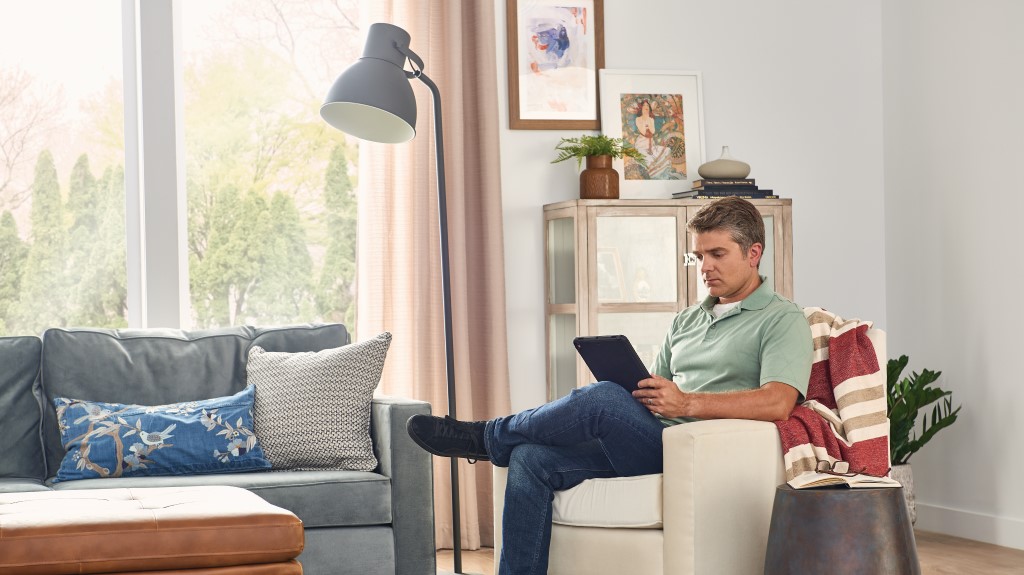
Windows with double or triple panes can significantly reduce heat loss
Energy-Efficient Windows:
Upgrading to energy-efficient windows with double or triple panes can significantly reduce heat loss and improve your home’s overall energy efficiency. These windows are designed to better insulate your home, keeping warm air inside and cold air out.
Window Treatments:
Heavy curtains or blinds can act as an extra layer of insulation for your windows, helping to prevent heat loss. By closing these treatments during cold weather, you can reduce the amount of heat that escapes through your windows.
Door Weatherstripping:
Doors are another common point of heat loss. Ensuring that your doors have proper weatherstripping can help prevent cold air from entering and warm air from escaping. Weatherstripping creates a tight seal around your doors, improving your home’s energy efficiency and comfort.
D) Heating Systems

Ensure that your furnace is in good condition and that any potential problems are addressed before they become major issues.
Furnace Maintenance:
Regular maintenance is essential for keeping your furnace operating efficiently and preventing costly breakdowns. By scheduling annual maintenance checkups, you can ensure that your furnace is in good condition and that any potential problems are addressed before they become major issues.
Heat Pump Efficiency:
Proper maintenance is also crucial for maintaining the efficiency of your heat pump. Regular inspections and cleaning can help to ensure that your heat pump is operating at its peak performance. Additionally, it’s important to ensure that your heat pump is appropriately sized for your home to avoid underperformance or excessive energy consumption.
Heating System Placement:
The location of your heating system can significantly impact how effectively it distributes heat throughout your home. A poorly placed heating system may struggle to reach certain areas, leading to uneven temperatures and discomfort. When installing or relocating your heating system, consider factors such as the layout of your home, airflow, and the location of ducts or vents.
E) Additional Factors Affecting Home Heating
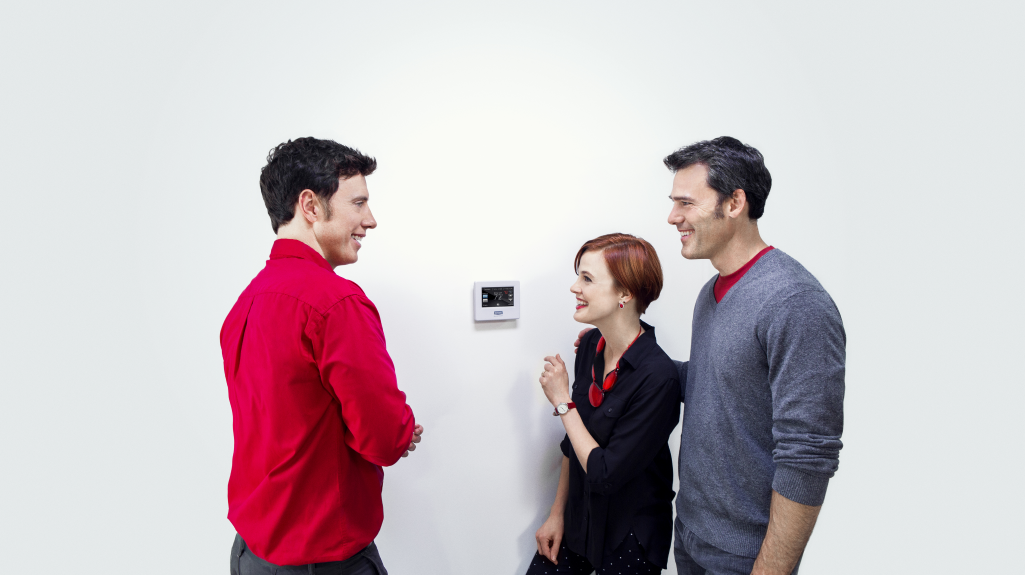
Avoid setting your thermostat too high.
Thermostat Settings:
Properly adjusting your thermostat can help you maintain a comfortable temperature without excessive energy consumption. Avoid setting your thermostat too high, as this can lead to unnecessary energy use. Instead, consider using a programmable thermostat to set different temperatures for different times of the day or week.
Heating System Size:
A heating system that is too small or too large can negatively impact your home’s heating efficiency. If your heating system is too small, it may struggle to keep your home warm enough, leading to discomfort and increased energy consumption. On the other hand, if your heating system is too large, it may cycle on and off frequently, wasting energy and potentially causing uneven temperatures.
Home Layout:
The layout of your home can also impact how heat is distributed. Homes with open floor plans tend to heat more evenly than homes with many closed-off rooms. If your home has a less open layout, you may need to take steps to improve airflow and ensure that heat can circulate effectively.
Indoor Air Quality:
Poor indoor air quality can affect your comfort and the efficiency of your heating system. When the air quality is poor, your body may feel colder, even if the temperature is adequate. Additionally, pollutants in the air can clog your furnace’s filters, reducing its efficiency and increasing energy consumption. To improve indoor air quality, consider using air filters, opening windows for ventilation, and avoiding indoor pollutants such as tobacco smoke and chemicals.
4. More Energy-Saving Tips
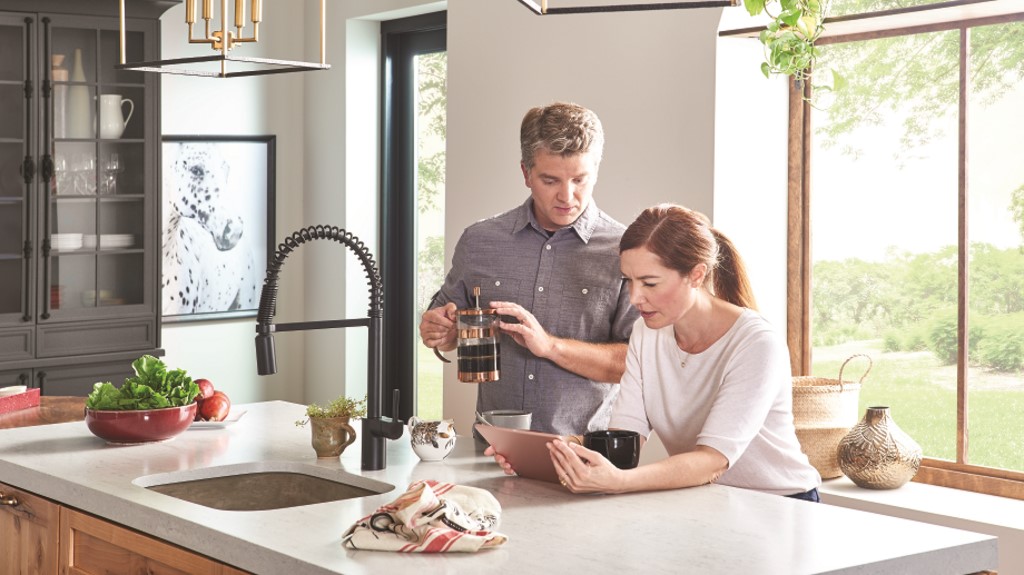
A well-maintained and energy-efficient home can help you save money on your heating bills
By implementing the strategies discussed above, you can significantly improve your home’s heating efficiency and create a more comfortable living environment. Here are a few additional tips to help you save energy and keep your home warm during the colder months:
- Lower the thermostat at night and when you’re away from home. Even a small decrease in temperature can lead to significant energy savings.
- Change your air filters regularly. Clean air filters allow your heating system to operate more efficiently.
- Seal any unused fireplaces. Open fireplaces can be a major source of heat loss.
Take advantage of natural sunlight. Open your curtains during the day to allow sunlight to warm your home naturally.
For a more in-depth look at energy-saving strategies, check out Service 1st’s comprehensive post “Homeowner Tips: Managing Your Home Energy Efficiency.”
Remember, a well-maintained and energy-efficient home can help you save money on your heating bills and contribute to a more sustainable future!
Rely On the Experts at Service 1st for All Your Home Heating and Cooling Needs
By understanding the factors that affect your home heating and implementing the tips discussed in this post, you can create a warmer, more comfortable, and more energy-efficient living space. However, even the most well-maintained home can benefit from professional maintenance. Regular inspections and tune-ups can help to ensure that your heating system is operating at its peak efficiency and prevent costly breakdowns.
To schedule a professional maintenance appointment for your heating system, contact Service 1st. Our experienced technicians can provide expert advice, perform thorough inspections, and address any issues to keep your home warm and comfortable throughout the year.



If you are looking for the best home heating and cooling experts in the Cambridge region, talk to the experienced team of HVAC professionals at Service 1st. We value professionalism, honesty, and a quality work. All of our technicians are highly trained and respectful of our clients’ homes. Whether you need maintenance, repairs, or HVAC replacements, we can help.
We have been serving homeowners in Cambridge and the surrounding areas for over 30 years and have a proven record of excellence. Whether it’s time to replace your air conditioner now or you want to learn more about what unit to buy in the future, we can help.
We are a locally owned and operated business that prides itself on the highest quality work and installation of the highest quality products. We have received the prestigious Circle of Champions award from Bryant – an honour that highlights our commitment to quality, leadership, and excellence in the HVAC industry. We are an Elite Bryant Factory Authorized Dealer and offer our customers the highest quality products and services.
What Our Customers Are Saying...
“Service First is a well-named company. They truly make service their first priority. Thank you for always being there when needed which has happened 3 times now.”



